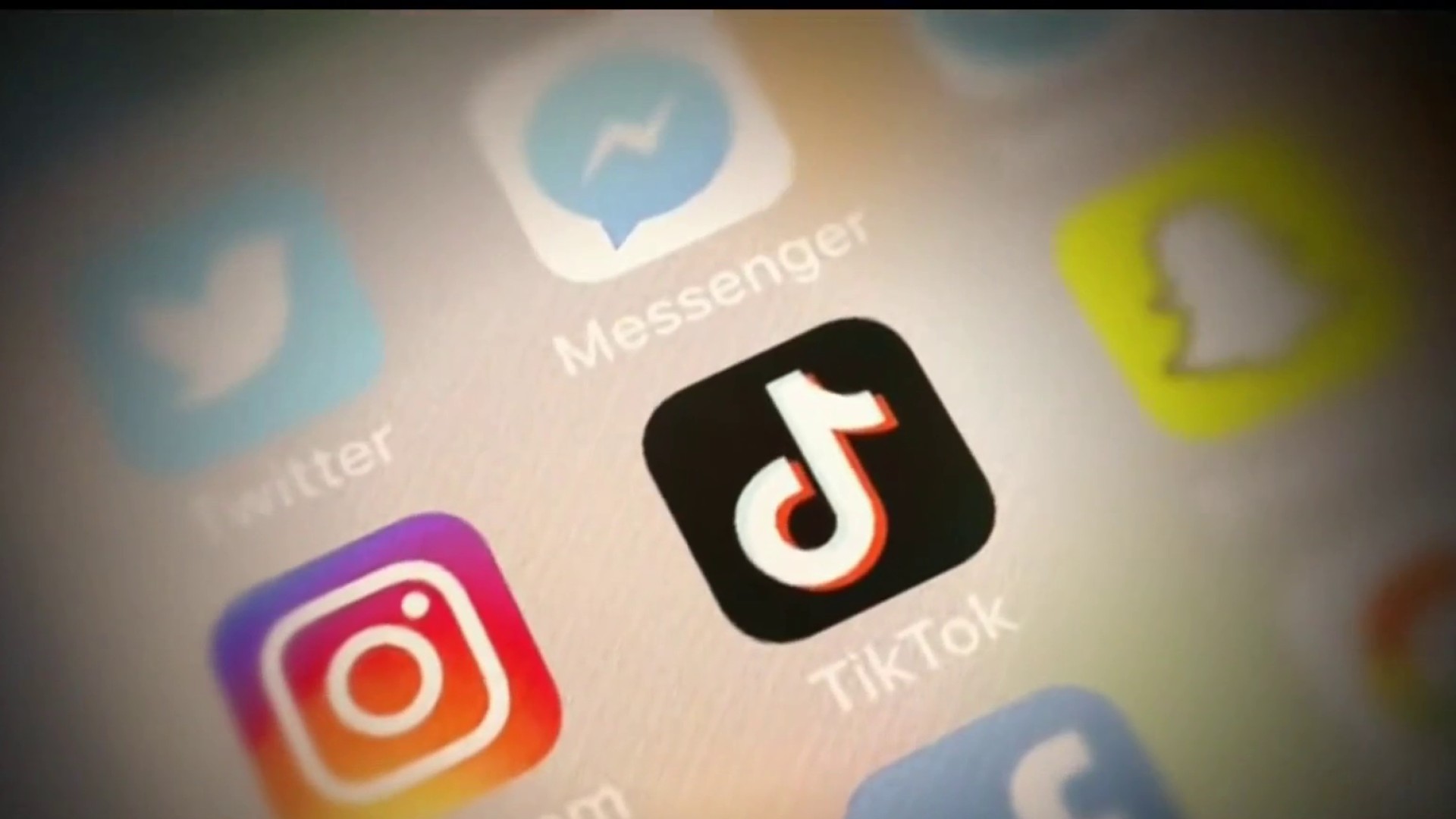Could you be driving a stolen car? If you bought a used vehicle from a stranger recently, the California Highway Patrol warns that it's a possibility, as incidents of VIN-related fraud are on the rise.
Dylan Sledge, 16, of Los Angeles, found out about this crime the hard way, after getting his 2003 Chevrolet Trailblazer from his parents as a Christmas gift last year.
"[He was] so excited. He was like, 'What!?'" recalled his mother, Bridgett.
"It's my baby," Dylan said.
But after just a few months of driving his prized SUV, he and his family discovered the truck was still legally someone else's baby.
His mother says the CHP appeared at the door one day, and informed her the vehicle had been stolen, and investigators would have to seize it immediately.
CHP Sgt. Mike Harris said the Sledge family was targeted by an organized car theft ring practicing an increasingly common form of fraud called "VIN switching."
Local
Get Los Angeles's latest local news on crime, entertainment, weather, schools, COVID, cost of living and more. Here's your go-to source for today's LA news.
"They're driving vehicles and they're unaware they're stolen," CHP Sgt. Mike Harris told the I-Team.
Harris said car theft rings are buying popular, junked vehicle models at rock-bottom prices, registering them, then removing their VIN numbers and attaching them to stolen vehicles that are the same make and model.
"[Thieves are getting] a little more creative in how they're renumbering vehicles and reselling vehicles," Harris said.
In the Sledge family's case, the car was purchased at a lien sale by a seller who approached Dylan's dad, offering the $3800 used SUV for sale.
"I called AAA and asked them about the VIN number and the license plate because I wanted to make sure [the car hadn't been stolen], and they said 'oh yea it's fine, there's no problem,'" said Bridgett.
"[That's because] they're authentic documents," Harris said.
Dylan's Trailblazer was returned to the insurance company that paid off the claim for its original theft.
For 16 year-old Dylan, the loss of newfound freedom was especially unpleasant, since he spent the next several months forced to catch rides with his mom.
"It [felt] almost embarrassing just to have her drop me off and stuff again, 'cause all my friends are driving," he said.
The embarrassment was temporary: the insurance company sold the SUV at auction, where the Sledges were able to repurchase it.
All told the Sledges spent over $7,000 to buy a stolen truck twice.
"You think you're doing everything you're supposed to do and they still get you," Dylan said. "I'm just kind of bummed that we had to go through this and I lost my car for a couple of months."
Investigators offer the following tips to used car buyers to avoid becoming victims of fraud:
Be wary of ads posted by individuals online, they could be phishing for a victim.
Ask for the vehicle's maintenance records, which should document the vin number; if the vehicle has no maintenance history, consider it a red flag.
Avoid buying a used car on the weekend: paperwork won't be verified by the DMV until Monday, and by that time, the thief could be long gone.
Always ask to see a seller's identification: if they don't have a state driver's license or ID card, you won't really know who you're dealing with.
More ways to avoid becoming a victim of VIN fraud can be found here.



